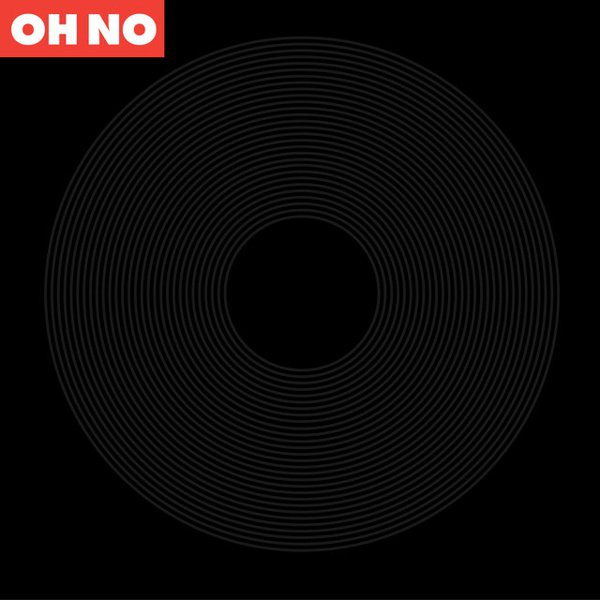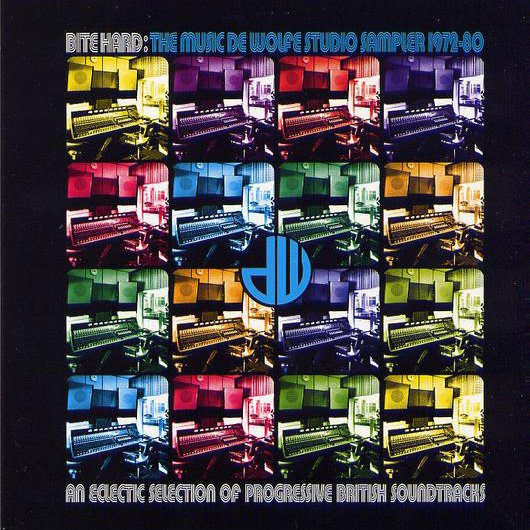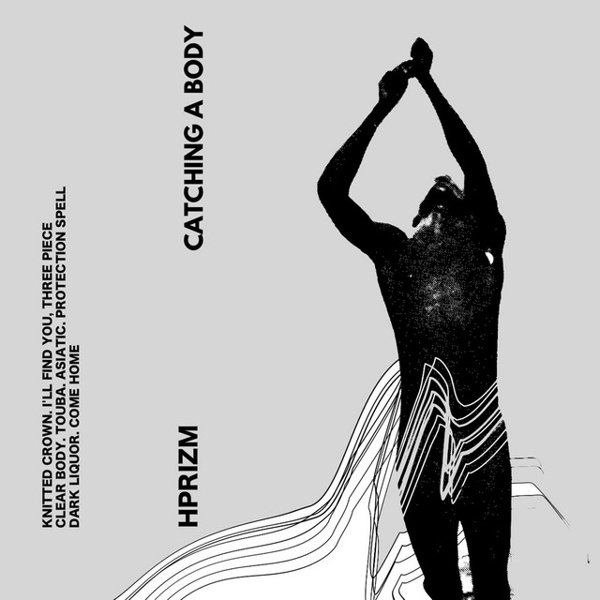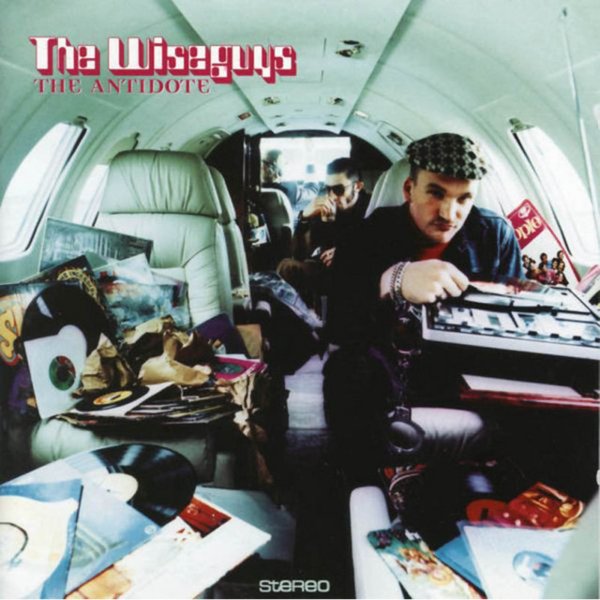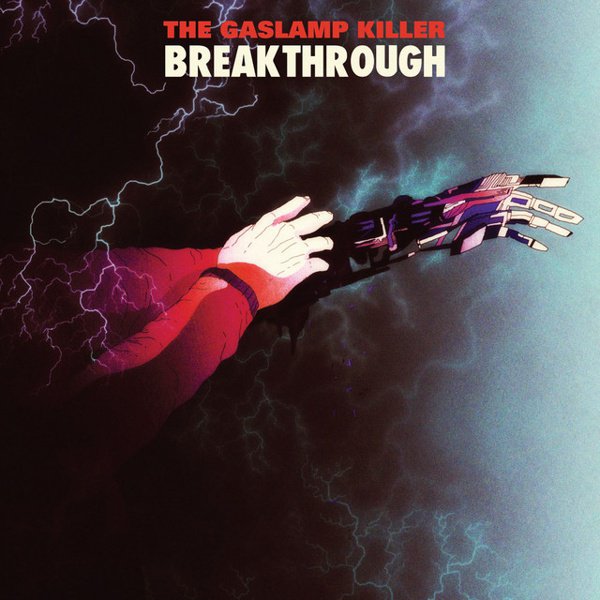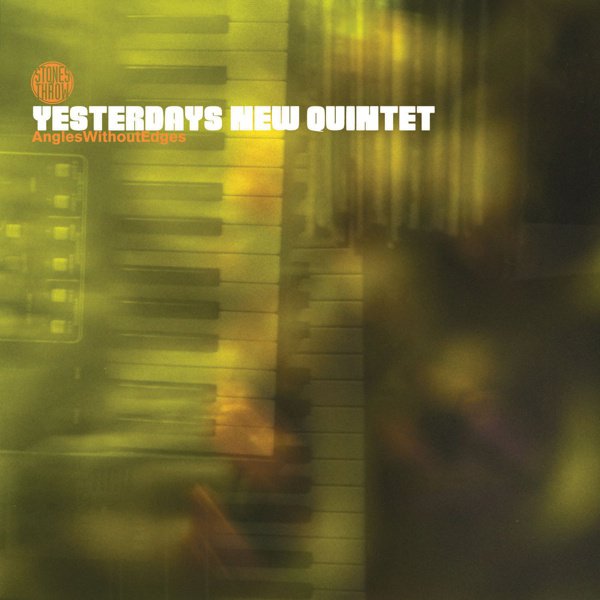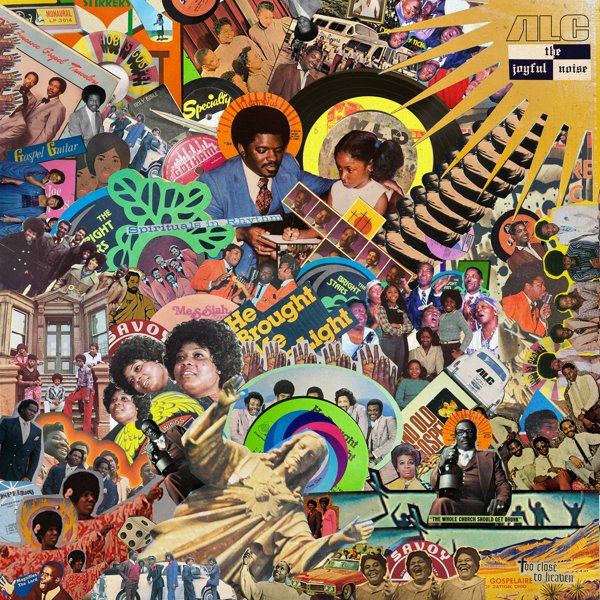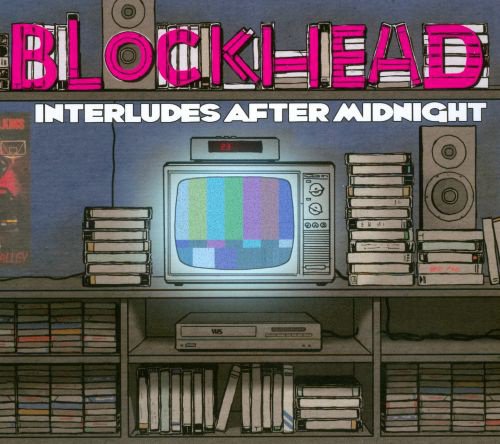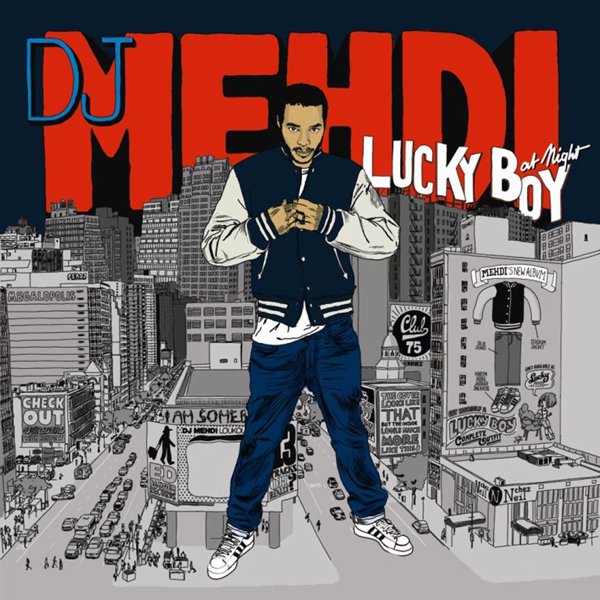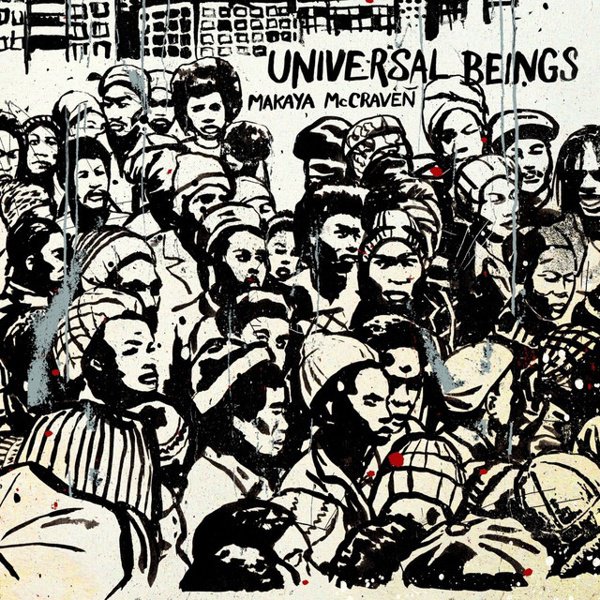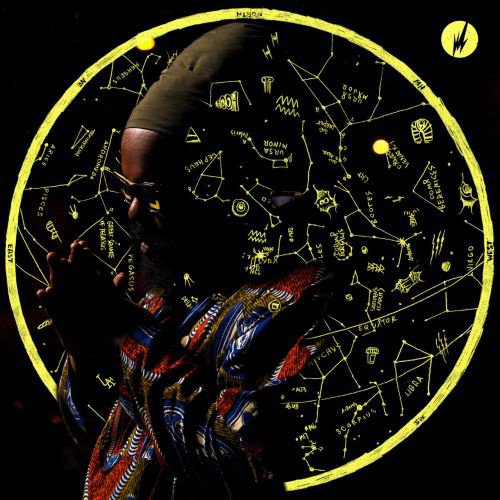
Recommended by
Brotha from Anotha Planet
If Sun Ra became a giant of avant-garde jazz by refusing to separate the sides of him that loved Fats Waller and Karlheinz Stockhausen, the closest he got to an heir in L.A.’s beat scene worked through the cratedigger equivalent of that perspective. Ras G’s music was unremittingly cosmic and psychedelic, but in ways that wouldn’t seem too far-flung to anyone mainlining contemporaneous Madlib beat tapes — a tricky balance that avoided both confrontational noise and locked-groove simplicity by ignoring the firmament between head-trip and body-moving music. That’s not to say that this stuff is basic, and the journeys individual tracks can take can be staggering in themselves — the way the wow-and-flutter prelude of “Earthly Matters” congeals into an off-kilter boom-bap that simultaneously jousts at primordial late ’70s DJ scratch routines and post-Dilla tempo-upending abstraction, or the audacity of cuts like the shivering rumble of “Shinelight” and the screwed-and-chopped wooziness of “Desert Fairy” that use a combination of vintage synths and balance-disrupting rhythms to capture a potent sense of graceful disorientation. Whatever headspace this music wants to take you is something you have to meet halfway, though the stray voices and phrases that permeate the ether — the repetition of the statement “we’re vulnerable” in the brief Janet Jackson-via-Steve Reich glitch meditation “Penny’s Confession,” the garbled dialogue in “Shinelight” that alludes to the fear of exploring the unknown, the opening statement of “Sun Behind the Clouds” that music “can create the initial thought patterns that can change the thinking of people” — reinforce that it’s both intimidating and thrilling for instrumental hip-hop’s this could come from anywhere potential to go places you didn’t expect to be taken.

